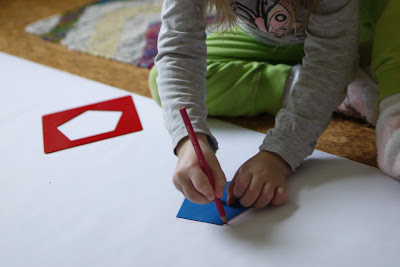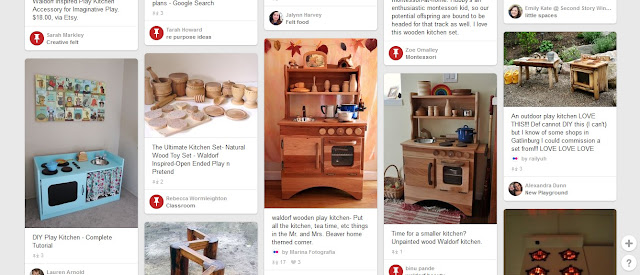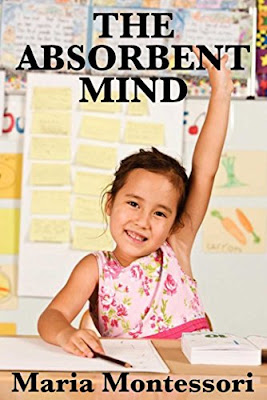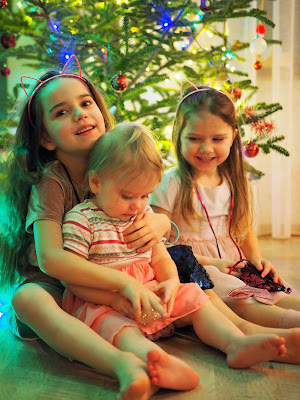13 words
What has been undoubtedly noticeable for the past month, is that Adelaide has a sensory period for language, and she has a jump in her language development. Which still is continuing.
She is learning to talk!
At her 1-year doctor's check-up we could barely think of any words that she is "saying", I was especially skeptical about it, as it was obvious that even if we could scrape up some couple words that she is kinda saying, she wasn't really talking anything. Also when we went to Latvia a month ago, she wasn't talking. But there it started - suddenly she was listening attentively and she was trying to repeat some of the words, that people were saying.
I already wrote then, that she was especially trying to say the difficult word ērkšķogas (gooseberries), which she still can say (she loves them!). Of course, it sounds more like: ēēēēkskskskaa or something, but:
- it is recognizable (we can understand, that she means to say exactly this word every single time when she is trying to say it)
- it is consistently and correctly used (she says it every time, when I offer or show her those berries or when she wants them)
- it is somewhat at least reminding the actual word.
So, even if others might not understand her (I don't understand most of 3-year-old's, it takes practice, like when you meet someone with a really strong accent), I think we can count them as real words.
I recently stumbled upon a really good blog about language development, it is written by an actual speech therapist - Playing With Words 365, and she had a post about first real words:
1. The word must sound somewhat like the real, adult version of the word. We don’t expect perfection: Approximations (like part of the word) count. But if a child said “baboo” most likely that would not be a word referring to a cat (unless of course, the cat’s name is Baboo). It is also important to remember that children are not born being able to produce all the speech sounds of their language and it is a process that happens over years, so the words can have errors yet still sound like the real, adult word. For example, a toddler may say “Ta” or “tat” or “ca” or “cak” for cat and those all could be considered a word as long as it also meets the next criteria.
2 To be a real word the word must also be used consistently in the presence of the object with intent and meaning. For example, a six month old saying dadadada while he is playing with his toys while daddy is at work is likely not a true word. A 10 month old who says “dadada” when daddy walks in the door and says it while looking at daddy (showing meaning and intent) and does it consistently (meaning many different times) is most likely a real word.
She is learning to talk!
At her 1-year doctor's check-up we could barely think of any words that she is "saying", I was especially skeptical about it, as it was obvious that even if we could scrape up some couple words that she is kinda saying, she wasn't really talking anything. Also when we went to Latvia a month ago, she wasn't talking. But there it started - suddenly she was listening attentively and she was trying to repeat some of the words, that people were saying.
I already wrote then, that she was especially trying to say the difficult word ērkšķogas (gooseberries), which she still can say (she loves them!). Of course, it sounds more like: ēēēēkskskskaa or something, but:
- it is recognizable (we can understand, that she means to say exactly this word every single time when she is trying to say it)
- it is consistently and correctly used (she says it every time, when I offer or show her those berries or when she wants them)
- it is somewhat at least reminding the actual word.
So, even if others might not understand her (I don't understand most of 3-year-old's, it takes practice, like when you meet someone with a really strong accent), I think we can count them as real words.
I recently stumbled upon a really good blog about language development, it is written by an actual speech therapist - Playing With Words 365, and she had a post about first real words:
1. The word must sound somewhat like the real, adult version of the word. We don’t expect perfection: Approximations (like part of the word) count. But if a child said “baboo” most likely that would not be a word referring to a cat (unless of course, the cat’s name is Baboo). It is also important to remember that children are not born being able to produce all the speech sounds of their language and it is a process that happens over years, so the words can have errors yet still sound like the real, adult word. For example, a toddler may say “Ta” or “tat” or “ca” or “cak” for cat and those all could be considered a word as long as it also meets the next criteria.
2 To be a real word the word must also be used consistently in the presence of the object with intent and meaning. For example, a six month old saying dadadada while he is playing with his toys while daddy is at work is likely not a true word. A 10 month old who says “dadada” when daddy walks in the door and says it while looking at daddy (showing meaning and intent) and does it consistently (meaning many different times) is most likely a real word.
So at the moment I tried to count them, and these are the words that Adelaide has now:
Latvian words:
ērkšķogas (gooseberries)
lampa (lamp)
akmens (rock, stone)
kaka (poo)
kūka (cake)
lauva (lion)
karsts (hot)
acs (eye)
Estonian words:
aitäh (thank you)
ei (no)
õue (out, outside)
auto (car)
kaks (two - this is a questionable one, they taught her to say: two cars, and sometimes she points and says just: two, but who knows, what she really understands by that..)
(kaka - same in both languages :D)
Most of these are really solid, like - she says them for sure. And there might be some more, as she is trying repeat something all the time, but I'm not sure yet, if they have stuck.
In any case, it is really exciting! :) Who knows, how is this going to go, as children are really different - I guess I read in the blog, mentioned earlier, that the norm should be around 6-10 words at 18 months. But some can have as many as 50 words or more, and already be putting the first words together..
But to help this period, we are trying to talk with her slowly and clearly, repeat some words she's interested in, and read books with her, mostly those about animals.





Comments
Post a Comment